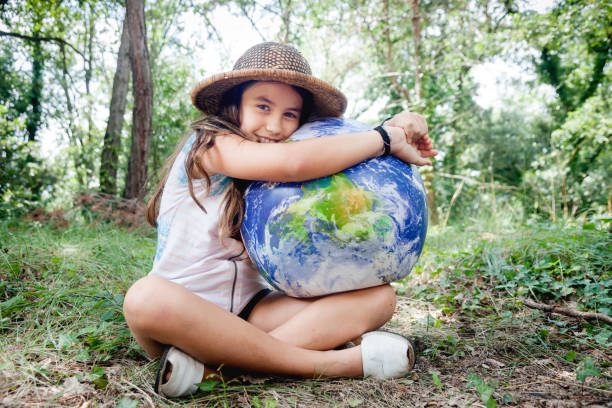
[ad_1]
Ocean Pollution is a major problem that directly affects wildlife, ocean habitats and human health. Oil spills, toxic wastes and illegal dumping are some of the many sources. Environmental awareness and education programs play a vital role by sharing knowledge that helps changes behaviors that improve the health of the oceans.
Unfortunately, birds and marine mammals do not avoid oil spills. Oil sticks to the fur, feathers and feet causing serious problems and some fish are attracted to oil because it looks like food. Marine mammals, such as seals and dolphins, swim and feed near oil spills because, like sea birds, they are attracted to the schools of fish who gather below.
Oil poisons the food chain when predators eat large amounts of organisms that have absorbed oil. Oil Pollution interferences with breeding by diminishing capabilities and by reducing egg production. When ingested, oil damages the airways and lungs of mammals and other species resulting in congestion, pneumonia, emphysema and even death. The sticky oil causes hypothermia in birds by destroying their feathers and in seal pups by destroying the insulation of their fur. Birds and marine mammals become easy prey when covered in oil quickly spreading the damaging effects up the food chain.
Toxic waste is the most harmful form of pollution being dumped into our oceans. These poisons get into the seas by run from landfills, dumps, mines, and farms, from factories that spew chemicals and heavy metals from their stacks and drains, and from improper disposal in the private dumps of people who unaware of the problems. Toxic chemicals and metals such as lead are proven to damage the brain, kidneys, and reproductive system, cause birth defects, slow growth, and cause hearing problems.
Scientists and anglers believe that toxic chemicals are depleting fish population. Illegal dumping of human waste and plastics exasperate the problems of vanishing ocean habitats. Most pollution dumped into the ocean over the last thirty years remains today with garbage dumping often occurring when sewage pipes share their space with storm water drains. Rainfall causes the sewage pipes to overflow into water resources such as a lakes, river and stream that inevitable lead to the ocean.
Small amounts of pollution add up to a major problem. In order to reduce this treat to life, all citizens must participate in the solution. Oil spills, toxic waste and illegal dumping are major contributors to the spread of this disease. Whenever pollution enters the ocean, environmental harm is done. Is it too late? Have the use of harmful products such as chemical pesticides, harsh detergents and cleaning agents, batteries, and plastics ruined our oceans and virtually eliminated the future?
Environmental organizations such as Touch Tanks for Kids, Blue Ocean, Island Dolphin Care and Greenville Eco Family believe that the oceans can be revived if people are motivated to join together and move people to make responsible environmental choices. These groups use interactive activities to motivate students to motivate their communities to take action that improve the health of our oceans.
“With persistence, a positive attitude and an undying passion to improve the awful condition of our oceans, my grandchildren will experience a whale watch instead of reading about them in a history book or through some kind of virtual tour.” Mike Martin-Executive Director- Touch Tank for Kids
[ad_2]
Source by Jonathan Hilton
Comments are closed.